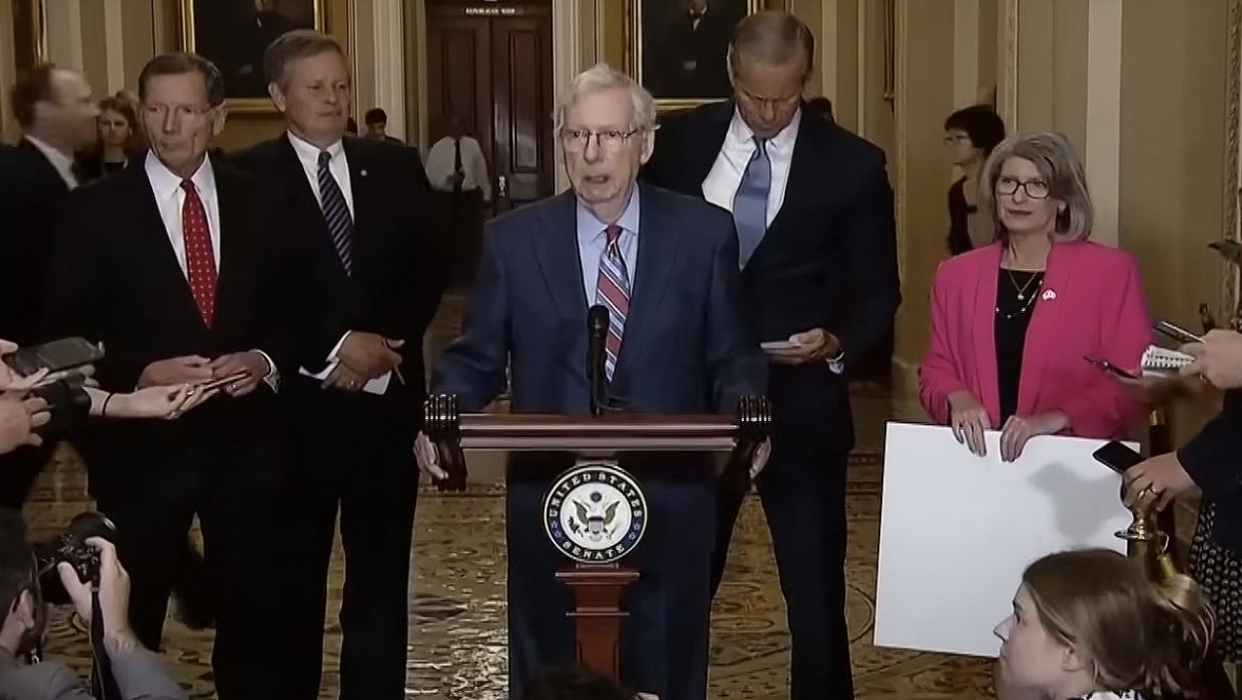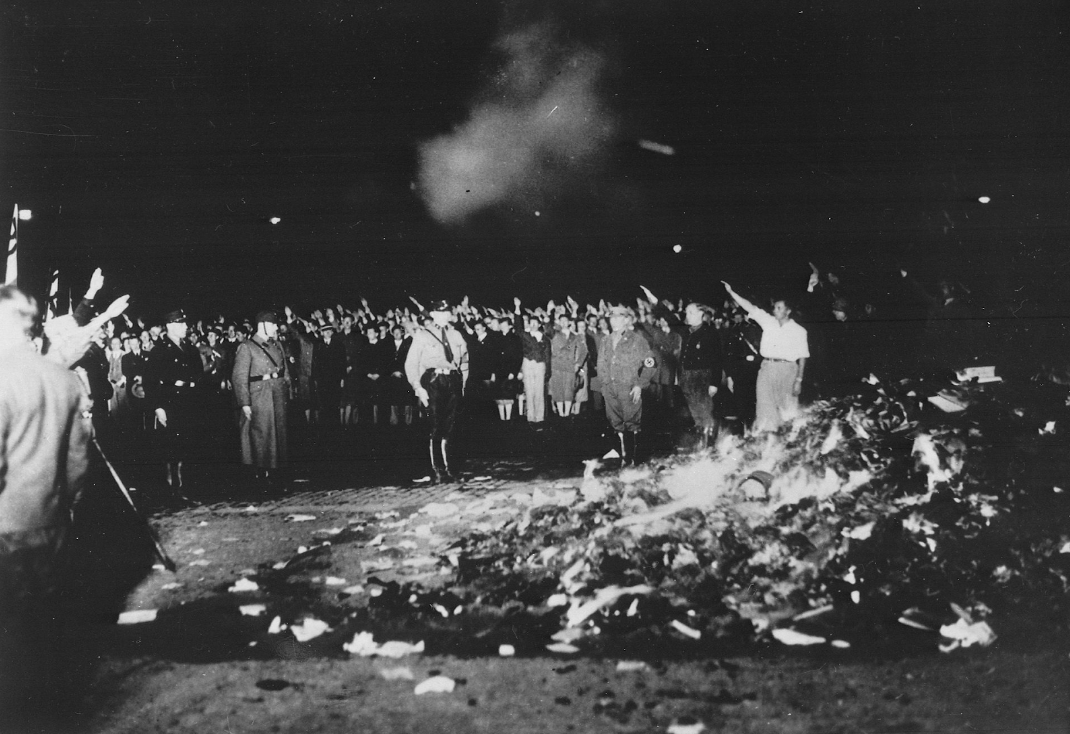Vocabulary
By: Lilly Huxhold
-Graphic Design Editor-
On an average day, we speak more than 15,000 words. We use them to communicate, express abstract thoughts and problem solve but does the vocabulary used really change how effective these processes can be? The answer is yes. The point of widening our vocabulary tools is not in learning fancy words but to speak with precision. “The difference between the right word and the almost right word is the difference between lightning and a lightning bug.” as stated here by Mark Twain, this precision gives us the ability to communicate effectively.
A large quantity of tools at a person’s disposal does not make for the brightest person. Finding the quality in what you already know through the inspection of others creates the stronger mind. For example, by comparing the meaning of new words to others already in the memory, a better understanding of the use and disuse of learned words occurs.
Johnson O’Connor, an advocate for strong vocabulary and the father of aptitude tests, found a direct correlation between a person’s vocabulary and their eventual occupational success. “Why do large vocabularies characterize executives and possibly outstanding men and women in other fields? The final answer seems to be that words are the instruments by means of which men and women grasp the thoughts of others and with which they do much of their own thinking. They are the ‘tools of thought.’” As stated by O’Connor, vocabulary is not unattainable, something that only people of a more intelligent level have, but people who work to improve upon the skills they already have and add to them by better understanding means of communication, expression and problem solving.
So going forward, how do we improve vocabulary? Read constantly and in a wide variety; when you don’t know a word, look it up in the dictionary. Try new and diverse atmospheres, or one you are not familiar with. And though difficult, find the motivation to seek out words without purpose.












